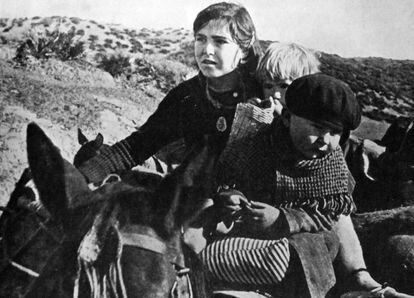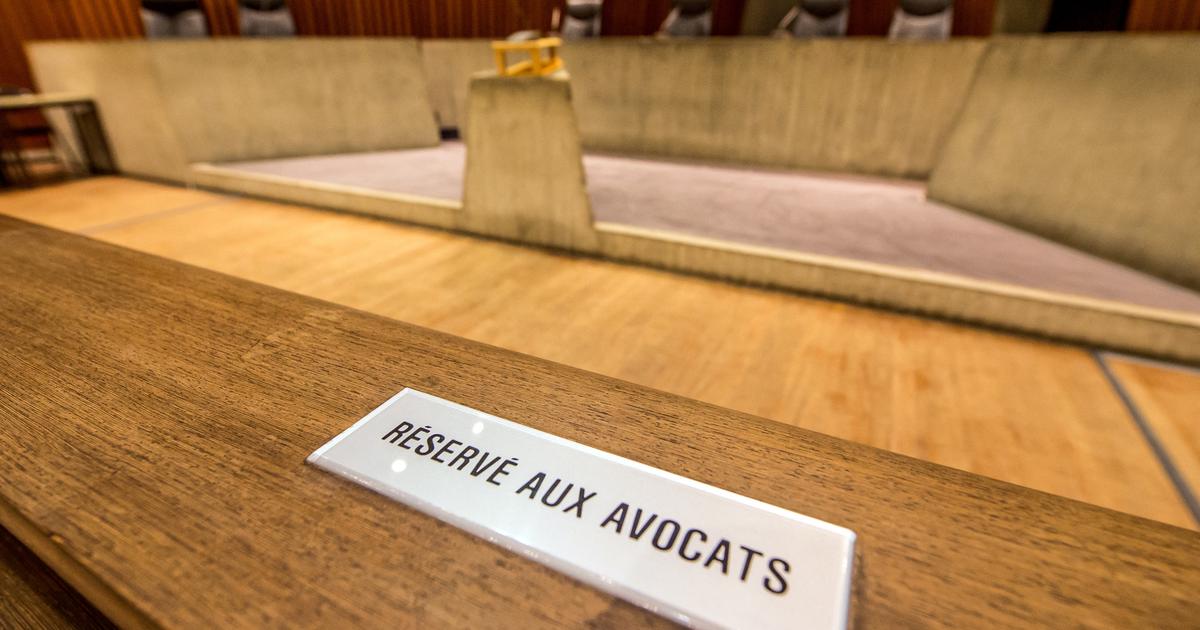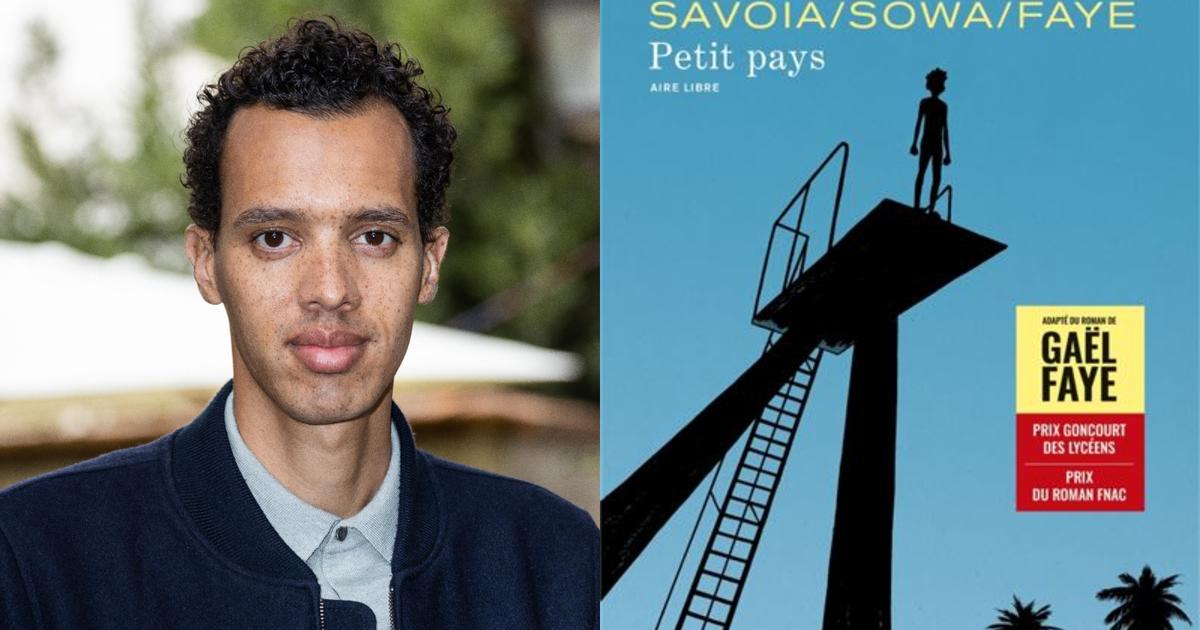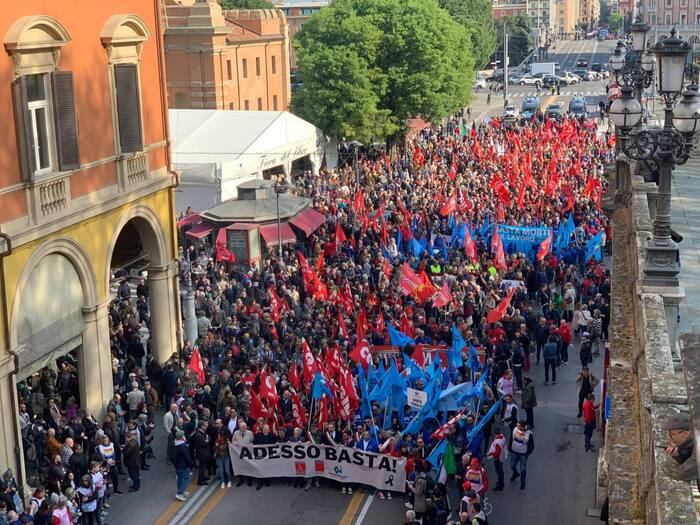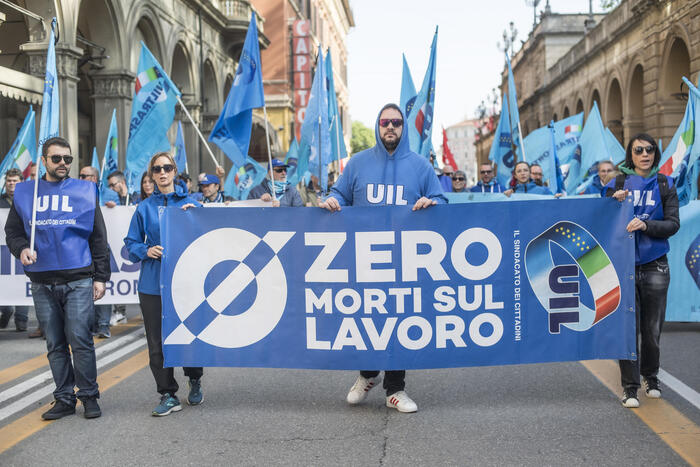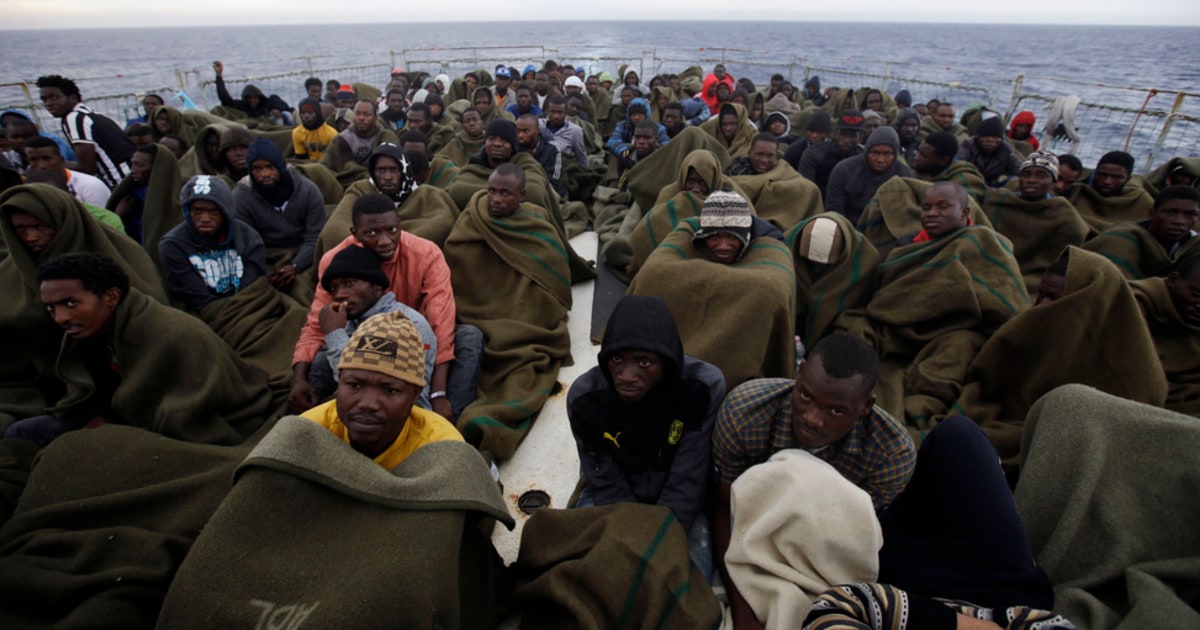Lucas Millán, in an image provided by his great-nephew, Miguel López.
Lucas Millán Gómez, an officer of the Carabineros Corps who remained faithful to the Second Republic until the last day of his life, was sentenced by a military court in a summary war council where, in the absence of other more evident evidence, he was accused of of “being a republican person and very left-wing”.
He was sentenced to death for a crime of military rebellion "for putting up fierce resistance" with his unit to the advance of Franco's troops during
the disbandment
, one of the bloodiest passages of the Civil War.
In February 1937, some 300,000 people fled on foot along the coastal road that connects Malaga with Almería and it is estimated that 6,000 civilians died in the attack, by land, sea and air, by Franco's troops and their international allies. .
A great-nephew of Millán, Miguel López Martínez, has recovered the figure of his great-uncle after immersing himself for thousands of hours in civil and military archives.
Miguel López, who was also a soldier, wanted for many years to have a more exhaustive knowledge of his relative, who was shot on August 31, 1937 when he was 51 years old.
After his retirement, López has searched the archives and has managed to bring to light documents that reveal the heroism of this faithful Republican policeman.
He greatly highlights the decision of the court-martial constituted in the military plaza of Granada and that sentenced him to the death penalty.
Lucas Millán was accused of “opposing fierce resistance with his unit to the advance of the National Army troops”, “maintaining the discipline of his unit, encouraging the spirit of resistance and combat of his companions, who remained with him fighting in the front line of fire, when the bulk of the republican combatants had already declared their retreat”,
Lucas Millán, who after the uprising of 1936 actively participated in quelling the rebel factions in several towns on the coast of Granada, led the troops of the so-called republican southern front that ended up succumbing on the afternoon of February 10, 1937 after the entry of the vanguard Francoist in Motril (Granada).
He could not prevent the cruel and still unexplained slaughter of civilians (children and women, especially), but his heroic behavior served to lessen the damage report.
In fact, he was pointed out by the fascist troops as one of the main icons of the republican resistance.
“His sacrifice or heroism, along with that of the other combatants who stood by him, was not in vain.
The resistance of these men not only served as a great help to the wounded and exhausted who, machine-gunned from land and sea,
They were arriving due to the fall of Malaga, but also essential and much needed time was gained from the military strategic point of view, which allowed the General Staff of the Popular Republican Army to move the 6th Mixed Brigade to the place.
This made it possible to plug the fascist gap and made Almería one of the last Spanish capitals to surrender to the rebel army,” says López Martínez, who, like Millán, was from a small village in Segura de la Sierra (Jaén).
Children fleeing from Malaga to Almeria during the Spanish Civil War. Photo 12 (Universal Images Group via Getty)
After the fall of the capital of Malaga, Millán was with his troops in Motril.
They barely had light weapons and some machine guns and the military reinforcements that they had desperately demanded did not arrive.
"Despite everything, these carabineros remained disciplined in their positions, resisting the bombardments they received from the sea and air and helping the flood of people who arrived terrified along the highway of death," says López.
And he adds: “To make matters worse, the Guadalfeo river had considerably increased its flow and this, together with the fact that the bridge that crosses it is unusable due to the effect of the bombing, makes the city become a mousetrap for the personnel who he comes fleeing, having to cross the river in many cases by swimming and at the cost of losing many lives”.
Finally, and in the face of the military superiority of the well-equipped fascist army led by the Italian officer Mario Roatta and the African expeditionary army led by Francisco de Borbón, Duke of Seville, the republican southern front commanded by Lucas Millán ended up giving in on 10 February 1937. There were many casualties and many prisoners.
López interprets that the fact that his great-uncle was not shot
on the spot
but six months later was possibly due to the fact that the first troops that took Motril were Italians "and they were always more respectful of the lives of the prisoners of war." war that the so-called national Spaniards themselves”.
López maintains that the behavior of the Jaen military officer lives up to the motto of the police force to which he belonged: "Morality, loyalty, courage and discipline."
His record of service, both in the Army and in the police, was impeccable and he was awarded several prizes throughout his military career, including the Tribute Medal for his merits, conduct and perseverance in the service he received. granted by the Government of Miguel Primo de Rivera.
Regarding his civil life, López highlights Millán's commitment to those most in need.
Together with his brother Ramón, who held a political position during the Second Republic, he promoted the construction in the village of Río Madera of the building known as El Centro, where cultural talks were given, plays were performed, the residents of Sierra de Segura to read and write, organized and promoted collective agricultural work.
In addition, from the sources of oral tradition (especially the memories of his grandmother Juana, who was Lucas's sister), a phrase by Millán stands out, which he always stressed to his countrymen: "Knowing how to read and write does not take away your hunger, but it will help you to find bread and it will make you freer”.
The little ones also celebrated the arrival of “brother Lucas” (so they called him) because in his luggage he always brought sticks of sugar cane from the tropical coast of Granada that he cut into pieces with a knife and distributed among the children.
Miguel López, who is preparing the publication of a book on the memory of Lucas Millán, considers that episodes such as
the disbandment
cannot, and should not, fall into oblivion.
"The land that ignores its men or women, when they have fought with nobility and honor and have also done so for a democratic cause, is a sterile and poorly cultivated land," he defends.
For this reason, he says he does not understand the position of PP and Vox that, last March, refused in Congress to declare this deadly itinerary as a Place of Memory.
Vox not only voted against but questioned whether the carnage was committed by the forces in revolt against the Republic.
Nor does López understand the decision of the Madrid City Council to recover the name of Crucero Baleares in one of its streets.
The Baleares
cruiser
was one of the ships that bombed civilians during
the disbandment
.
"It's a mockery for the victims," said Rafael Morales, president of the La Desbandá association, a group that has been repeating the route since 2017 to pay tribute to the survivors and victims, rescuing from oblivion one of the greatest tragedies of the Civil War and demand reparation.
50% off
Exclusive content for subscribers
read without limits
subscribe
I'm already a subscriber

